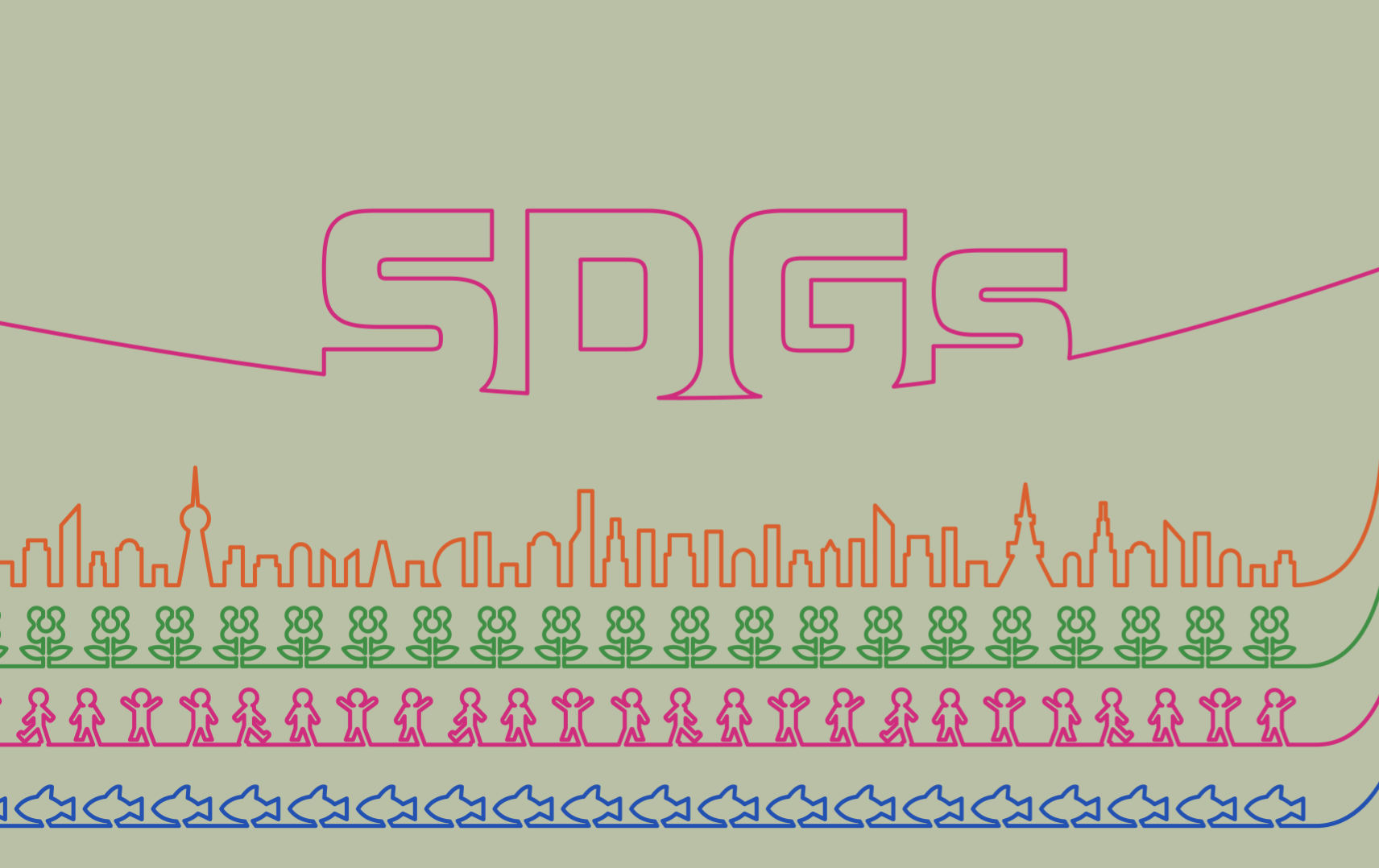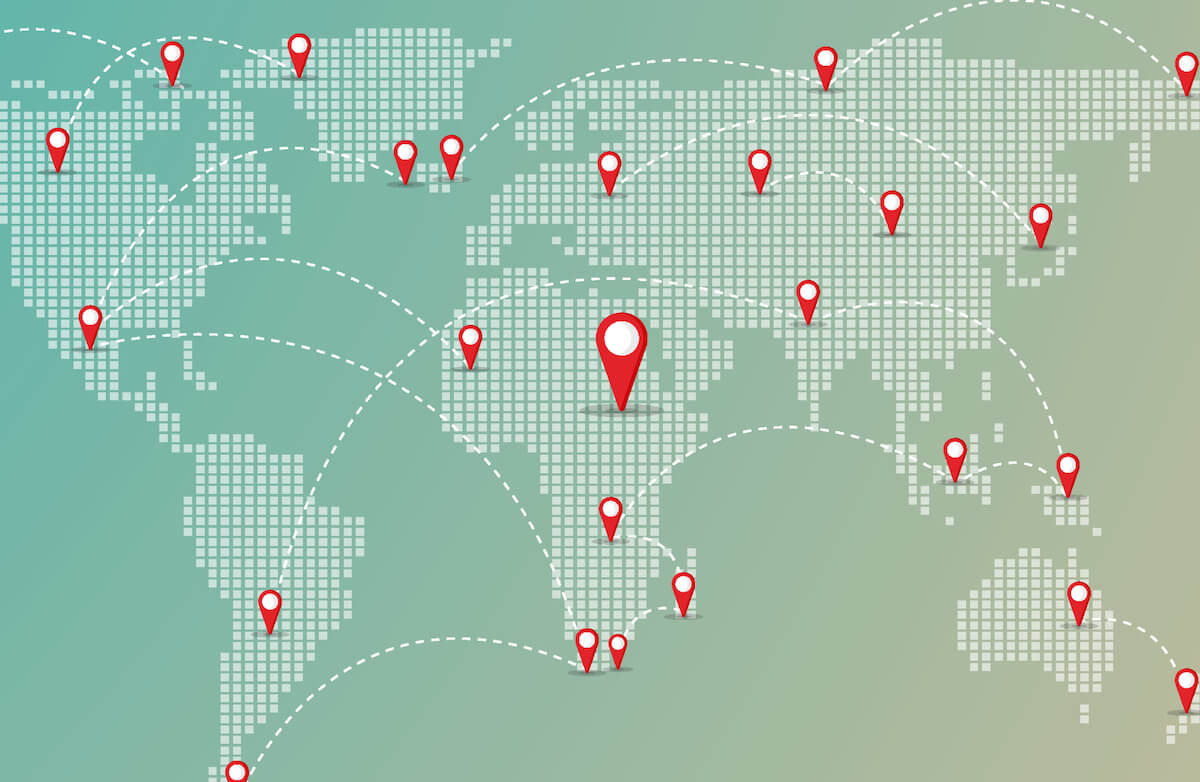Time is running out to meet the ambitious UN Sustainable Development Goals (SDGs) set for 2030. There are real concerns that data related to environmental, social and governance (ESG) performance do not allow practitioners, investors and those formulating accounting metrics to evaluate whether an enterprise is positioned on a viable sustainability pathway. Current indicators, methodologies and reporting models still fail to provide an adequate basis for assessing impacts related to socio-economic, governance and environmental dimensions of sustainable development.
A new set of indicators developed by the United Nations Research Institute for Social Development (UNRISD) goes beyond ESG to contextualize data, address common reporting and measurement blind spots, and facilitate the type of transformative change needed to achieve the SDGs. It also includes metrics that address the unique characteristics of non-profit social enterprises, cooperatives and others in the social and solidarity economy.
>>>> Go deeper. Join “SDPIs and the global Own The Metrics campaign,” hosted by UNRISD, ASBN and Social Economy Europe, with Tellus Institute’s Allen White, Predistribution Initiative’s Delilah Rothenberg and ImpactAlpha’s Dennis Price, Thursday, May 25 at 9am ET.
UNRISD, a UN research institute with a mandate to question conventional wisdom and undertake research and policy analysis on the social dimensions of contemporary development issues, started developing the indicators in 2018 as an antidote to growing disinformation and greenwashing. After a four-year effort, the institute last year released a comprehensive set of Sustainable Development Performance Indicators, or SPDIs, to assess organizational performance, sustainability thresholds, and transformative change to achieve the SDGs.
The indicators are presented in a User Manual for Sustainable Development Performance Indicators.
The manual and SDPIs were pilot tested in 2021 by more than two dozen organizations – both large for-profit enterprises and social and solidarity economy organizations and enterprises – to provide a crucial and credible means to gauge the extent of transformative change toward genuine sustainability.
The UNRISD Sustainable Development Performance Indicators enable, for the first time, authentic sustainability assessment by explicitly integrating sustainable development thresholds and social transformation.
Transformation through metrics
The SDPIs have two sets of tools. The first – referred to as Tier 1 – contains 20 indicators relating to economic, environmental, social and governance dimensions that are commonly found within ESG reporting but for which time series data are requested, covering at least five years.
A second set, Tier 2, comprises 41 newly developed indicators related to environmental, socioeconomic and institutional (or governance) dimensions. Of these indicators, 17 aim to measure current performance in relation to a sustainability norm – for example, a 30 to 1 CEO-worker pay ratio, or a 3% gender remuneration difference.
Tier 2 also features 24 transformative disclosure indicators that strive to shed light on issues that have the potential to transform structural conditions underpinning unsustainable development, but which corporations often omit or neglect – issues such as inequality, unsustainable production and consumption, and imbalances in power relations within enterprise structures, value chains and the policy process.
The transformative indicators include living wage rather than minimum wage levels; worker participation percentages; long-term work contracts; and indicators for Scope 1, 2 and 3 GHG emissions (including Scope 1 and 2 indicators based on science-based interim thresholds of GHG emissions targets consistent with mitigation pathways that limit warming to 1.5 °C above pre-industrial levels).
Another indicator tracks the percentage of profits (or surplus revenues) distributed to members/workers; employee stock ownership plans; shareholders; reinvestment in the organization; and other categories such as community investment.


“Own the metrics”
The beta-version of the SDPI online platform, launched with the SDPI manual last November, has already attracted more than 400 subscribers from for-profit and the social and solidarity economy sectors. An online platform to be completed later this spring will produce an automatically generated report that features trend analysis and allows users to assess impacts or performance in relation to sustainability norms and thresholds.
“Sustainability measurement without context is simply not sustainability measurement,” as Allen White, cofounder of the Global Reporting Initiative and a senior fellow at the Tellus Institute says.
“The release of the UNRISD Sustainable Development Performance Indicators marks a seminal moment in mainstreaming contextualization. It represents the first, comprehensive guidance to embedding thresholds in sustainability reporting, the culmination of years of research and advocacy in support of a new generation of disclosure,” he adds.
Although conventional ESG reporting provides information about incremental adjustments in performance aimed at minimizing negative ESG impacts—or doing less harm—it does not and cannot measure progress toward sustainability. This is because ESG reporting to date ignores key thresholds that define sustainable development when understood in terms of intra- and inter- generational equity, thriving and regeneration.
Unless improvements in impacts are assessed in relation to a normative sustainability target, the rising global practice community cannot know what constitutes a satisfactory trajectory of change nor the achievable scale of the socioeconomic and planetary inclusivity challenge ahead.
Truth in reporting useful value requires better tools and buy-in from committed global enterprises and leading standards-setting bodies, such as the International Accounting Standards Board and the US Financial Accounting Standards Board, leading to more credible, resilient and inclusive prosperity-building results.
The American Sustainable Business Council (ASBN), with over 250,000 members, and Social Economy Europe (SEE) with more than 2.8 million members, are supporting the SPDIs and the rise of global Social Solidarity Economy (SSE) stakeholders as shareholders.
The three organizations have launched an “Own The Metrics” campaign to build collective, cooperative and mutualist voice and agency for development and promotion of SDPI indicators from the global social economy perspective. This campaign is about those doing, innovating and proving the work finally owning a proportionally equal seat at the global rulemaking and standards-setting tables.
Anticipating 2023 as “the Year of the ‘S’ (for social in ESG-speak), the SDPI manual highlights “workers’ ownership of enterprise with democratic control” such as worker cooperatives, where the workers’ control is exercised via a “one person one vote” system and extends to all decisions, from operations through to governance and finance.
The “Own The Metrics” campaign advocates for an eighteenth UN SDG dedicated to broadened and deepened worker ownership and democratic workplaces as essential bridges towards transitioning global Shareholder Primacy Capitalism into better “humanity@Work&Life” structures and practice.
The campaign is also very much in line with a UN General Assembly Resolution entitled “Promoting the social and solidarity economy for sustainable development” adopted last month. The Resolution outlines a six-fold global economy that works for all (“people, planet, purpose, profit, participation & prosperity”) and which demands a credible, mutualist metrics framework.
For more information, ASBN, SEE and UNRISD are hosting a policy and practice webinar on “SDPIs and the global Own The Metrics campaign” with practice leaders from the Americas, Europe and Asia on Thursday, 25 May, 09:00-10:30 EST.
Ilcheong Yi is UNRISD Senior Research Coordinator leading the Alternative Economies for Transformation programme and Project Manager of Sustainable Development Performance Indicators (SDPIs).
Michael A. Peck serves as executive director/cofounder of 1worker1vote, an ASBN board member and campaign organizer for Own The Metrics.











